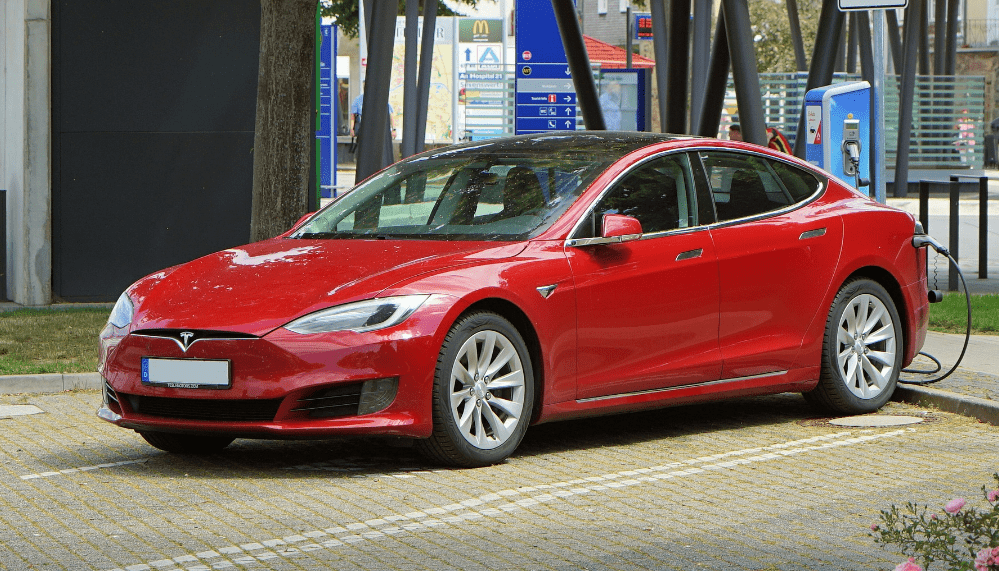The rise of autonomous vehicles represents a groundbreaking shift in transportation, promising improved safety, efficiency, and convenience. However, this technological innovation also brings about significant legal challenges. As vehicles gain the capability to operate without human intervention, traditional frameworks for liability, accountability, and regulation are being redefined. Personal injury lawyers are particularly attuned to these changes as the legal landscape around accidents involving autonomous vehicles evolves. We will explore how this transformation impacts legal systems, the role of Brach Eichler Injury Lawyers of Jackson, and the strategies being developed to navigate these unprecedented scenarios.
Redefining Liability in Autonomous Vehicle Accidents
One of the most pressing legal implications of autonomous vehicles is the question of liability in the event of an accident. Traditionally, liability falls on the driver, whose actions or negligence often cause accidents. With autonomous vehicles, however, responsibility shifts to a complex web involving manufacturers, software developers, and even third-party technology providers. This shift raises the question of whether the fault lies with the human operator (if any), the vehicle’s automation system, or the companies behind the technology. Legal systems must adapt to these changes, as traditional concepts of negligence no longer apply in straightforward ways.
For instance, if a software glitch causes an accident, the issue of product liability comes into play. Courts must assess whether the manufacturer failed to ensure the software’s reliability or if the user neglected maintenance or updates. These cases will likely involve in-depth technical analyses and legal support in product liability and emerging technology. Personal injury lawyers are responding by acquiring knowledge in these areas, collaborating with technology consultants, and developing arguments that account for the intricacies of autonomous systems.
Regulatory Challenges and Standards for Autonomous Vehicles
The legal implications of autonomous vehicles are not limited to liability; regulatory challenges also play a significant role. Governments and regulatory bodies are tasked with creating laws that account for this new mode of transportation while ensuring public safety. This involves establishing standards for vehicle testing, software updates, and data security. Data collection and usage, in particular, pose privacy concerns, as autonomous vehicles rely heavily on sensors and cameras. Who owns this data and how it is used remains a significant point of contention.
Personal injury lawyers pay close attention to regulatory developments, as these laws will shape how liability is assigned and cases are argued in court. For example, if an autonomous vehicle fails to comply with newly established safety standards, this could be a critical factor in determining fault in an accident. Lawyers also advocate for clear regulations to ensure victims of autonomous vehicle accidents are adequately compensated. The push for comprehensive legislation that balances innovation with accountability will intensify as these vehicles become more prevalent.
The Role of Artificial Intelligence in Legal Decisions
Autonomous vehicles operate using artificial intelligence (AI) systems, which introduce additional complexities in legal cases. AI algorithms make decisions in real-time, such as determining when to brake or swerve to avoid an obstacle. Understanding the rationale behind these decisions can be challenging in accidents, as AI systems often operate as “black boxes,” meaning their decision-making processes are not fully transparent. This lack of transparency complicates assigning fault and raises ethical questions about how AI should prioritize safety in life-threatening situations.
Personal injury lawyers are adapting by familiarizing themselves with the mechanics of AI systems and working with experts to decode these processes. In some cases, lawyers may argue that manufacturers should be held accountable for failing to design understandable and predictable systems. As courts grapple with these issues, legal precedents will emerge that shape how AI is treated in liability cases. The relationship between technology and law is becoming increasingly intertwined, making it essential for legal professionals to engage with the technical aspects of these systems.
Insurance and Compensation in the Autonomous Era
The advent of autonomous vehicles is also transforming the insurance industry, which plays a critical role in compensating accident victims. Traditional auto insurance models are built around the assumption that drivers are primarily responsible for accidents. Insurers must rethink how policies are structured with autonomous vehicles, potentially shifting coverage from individual drivers to manufacturers or fleet operators. This transition raises questions about who pays for damages and how victims are compensated promptly.
Personal injury lawyers are stepping in to ensure that victims’ rights are protected during this period of change. They advocate for policies that hold all parties accountable, from manufacturers to technology providers, while ensuring that victims are not left without recourse. Lawyers are also working to address gaps in insurance coverage, particularly in cases where fault is difficult to establish due to the involvement of multiple parties. By engaging with insurers and policymakers, personal injury lawyers aim to create a system that balances innovation with fairness and accountability.
The rise of autonomous vehicles is reshaping the legal and regulatory landscape, introducing new challenges and opportunities for personal injury lawyers. From redefining liability and addressing regulatory gaps to engaging with AI systems and ethical considerations, legal professionals are adapting to the complexities of this technological revolution. As autonomous vehicles become an integral part of daily life, the legal system must evolve to meet the demands of this transformative era.
